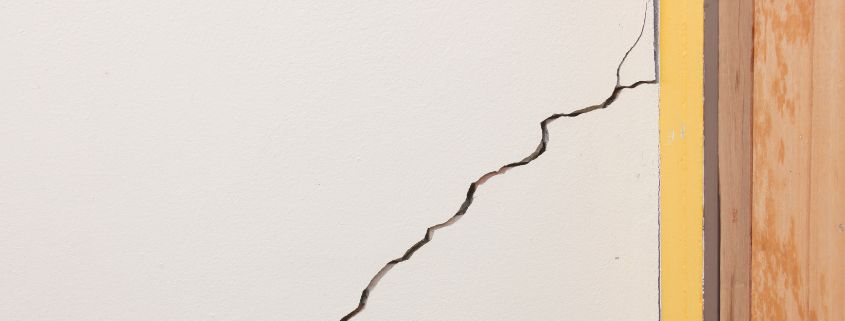As we all know, condominium buildings suffer from wear and tear over time. Not only do communities withstand extreme weather conditions here in Florida, but they also experience extensive use over long periods of time. In fact, it is not uncommon to live in a condominium building that has been occupied for over half a century. Accordingly, Florida law has created a non-delegable duty for condominium associations to maintain the “common elements” of the condominium for the collective benefit and well-being of the association membership.
In order to meet this duty to maintain, condominium associations are tasked with the perpetual job of procuring and overseeing repair and renovation projects. In many cases, these projects involve the condominium’s largest and most expensive features, such as roofs, pools, elevators, balconies, and garages. This construction work is often complex and requires professional expertise. Therefore, it is critical to do your homework before beginning a construction project, regardless of the size and scope of the job. It is important to work with your management and ensure that you are hiring licensed and insured contractors who are qualified to take on the project – a quick license search with the Florida Department of Business and Professional Regulation is a good first step. In addition, do not blindly sign an agreement with a contractor, even if it appears to be a simple “proposal” or “invoice” form. It is highly recommended that you have a construction attorney review any potential agreements with contractors in order to avoid one-side contracts that may restrict the association’s rights and available recourse should a dispute arise.
Unfortunately, construction projects often do not live up to expectations. Whether it be delays, increased costs or unforeseen changes in the scope of the project, these situations are not only frustrating but place a financial burden on the condominium. However, the most consequential results of an unsuccessful project are construction defects, which can range in severity from aesthetic issues to major structural errors. Regardless of the degree of severity, all associations should act diligently upon discovering a defective condition.
There is a delicate framework for handling construction defects after discovery, which is why your association should retain counsel well-versed in construction law to guide you through the process. With that said, you can take several important steps early on to preserve your association’s interests. First, if the observed conditions exhibit safety concerns, particularly in the foundation, roofs, walls or any other structural component, your association should immediately retain a professional engineer to perform an inspection and any necessary testing and, if time is of the essence concerning safety, the association should take measures to perform emergency repairs, and take whatever steps the engineer requires up to and including having residents evacuate the building. An engineer or independent contractor should also be retained to inspect non-structural defects as seemingly minor construction issues are often signs of systemic problems that are not immediately discoverable.
Once the defects have been identified and thoroughly documented, the association will then have to provide the contractor(s) who performed the work with an opportunity to repair or remedy the construction defects. Known subcontractors, material suppliers, and design professionals involved with the project should also be provided with notice. This notice requirement is mandatory under Florida law and must contain specific language and information, which again emphasizes the importance of retaining legal counsel. The contractor will then generally respond in one of three ways: (1) offer to repair the defective work at their cost; (2) offer to settle any potential construction defect claims by way of monetary payment (or a combination of repair work and payment); or (3) they will simply deny or ignore your notice. Additionally, the contractor has a statutory right to inspect the construction defects you are alleging against them. This inspection should be permitted, but carefully, as it is important to preserve evidence of the defective conditions at the time they are discovered.
Ideally, this notice process will allow your association to work amicably with your original contractor and remediate the defective work; however, your association should be prepared for the prospect of litigation should your contractor deny liability. By following the highlights in this article, as well as through the assistance of competent legal counsel, you will be able to navigate the construction defect process and achieve an optimal outcome for your community.
Originally posted on floridacondohoalawblog.com Written by Robyn Severs of Becker & Poliakoff, P.A.,

